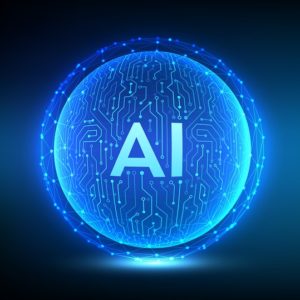When you hail a ride through Uber, the company uses artificial intelligence (AI) to link you with the driver. When Google seems to know what you are looking for online almost before you do, that’s AI. It is not exactly news that automation and artificial intelligence (AI) have increasingly become a part of American life […]


